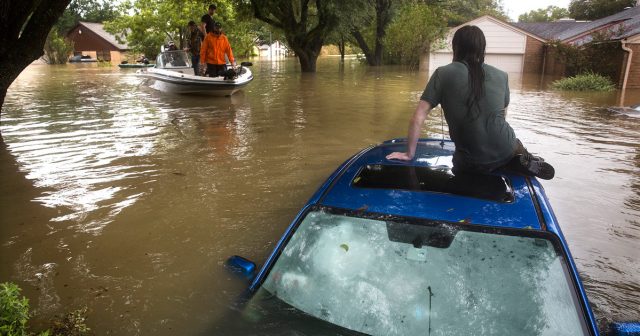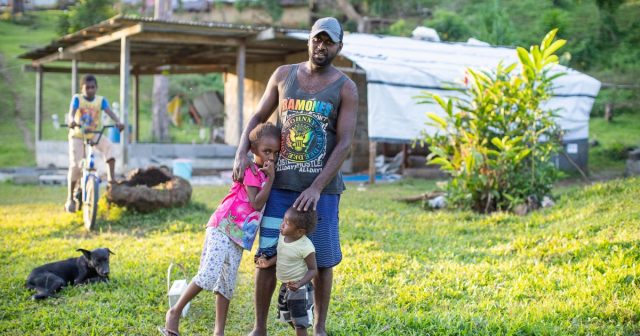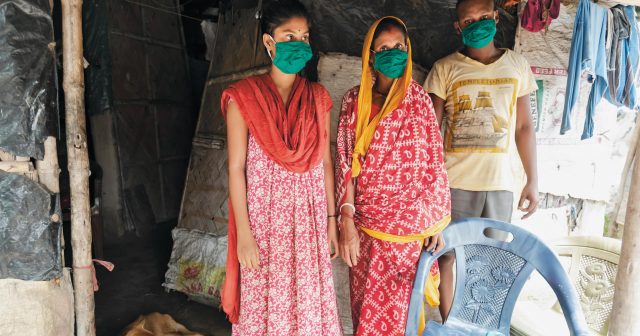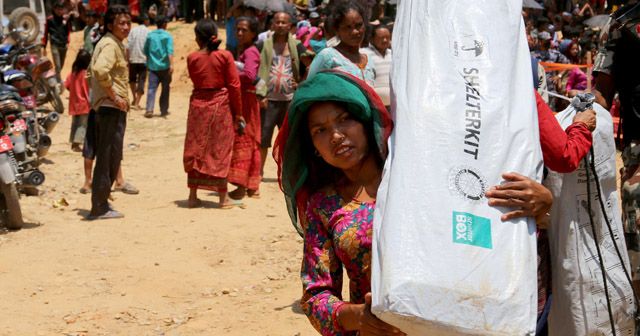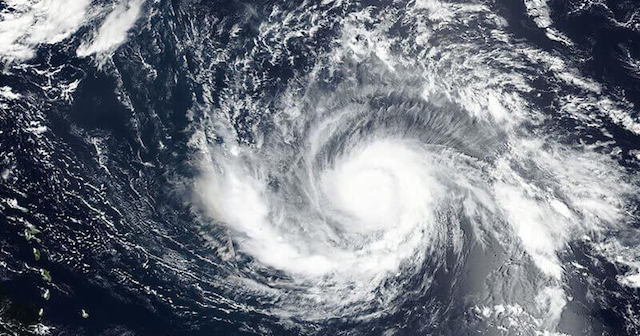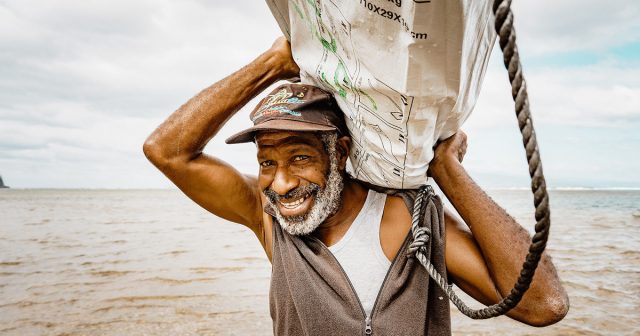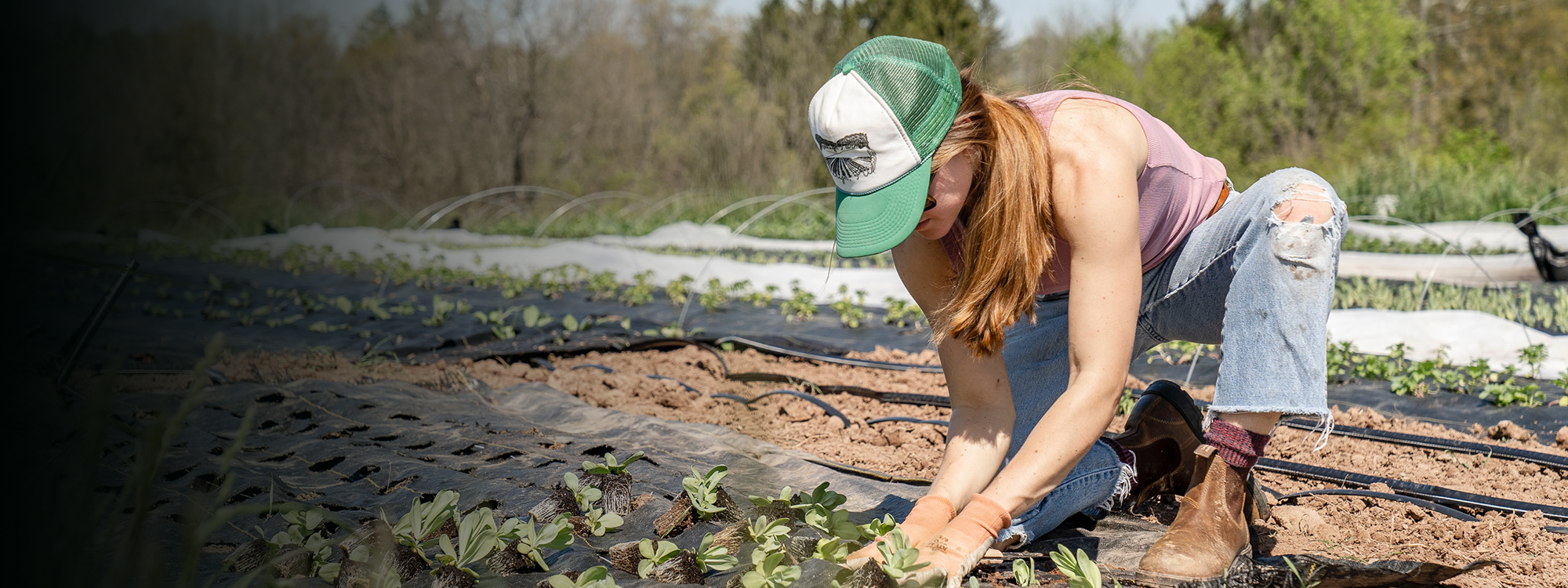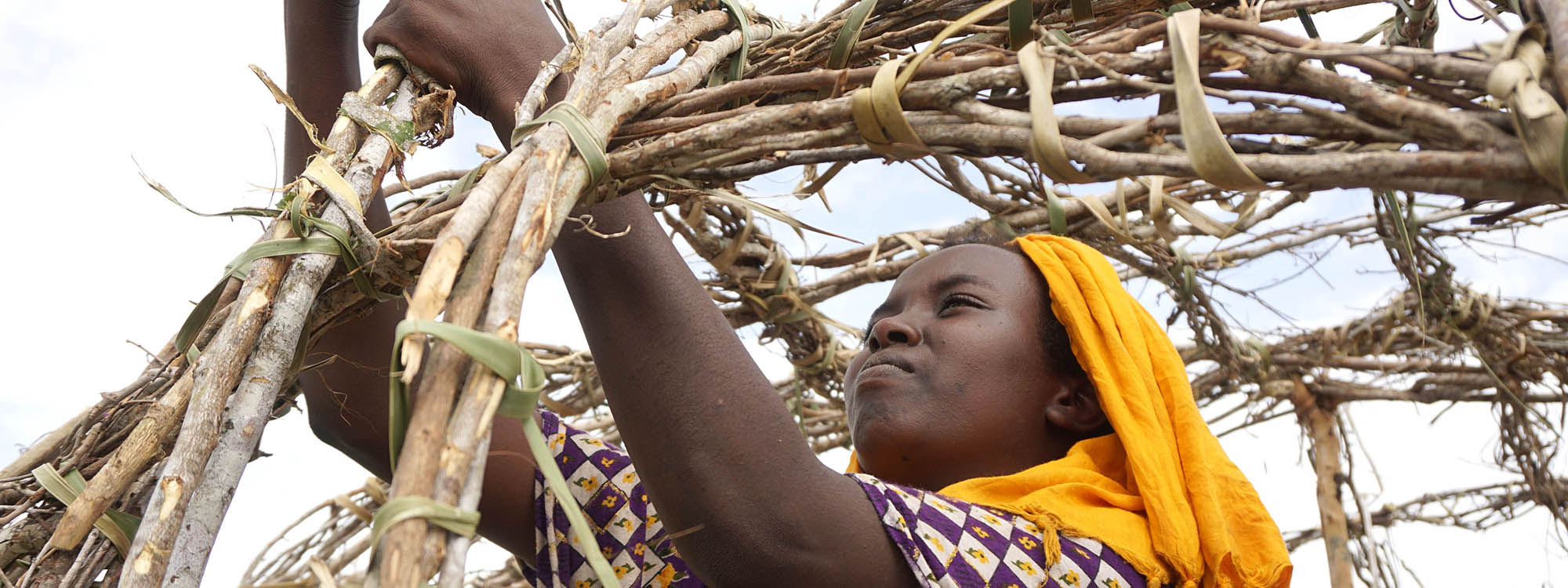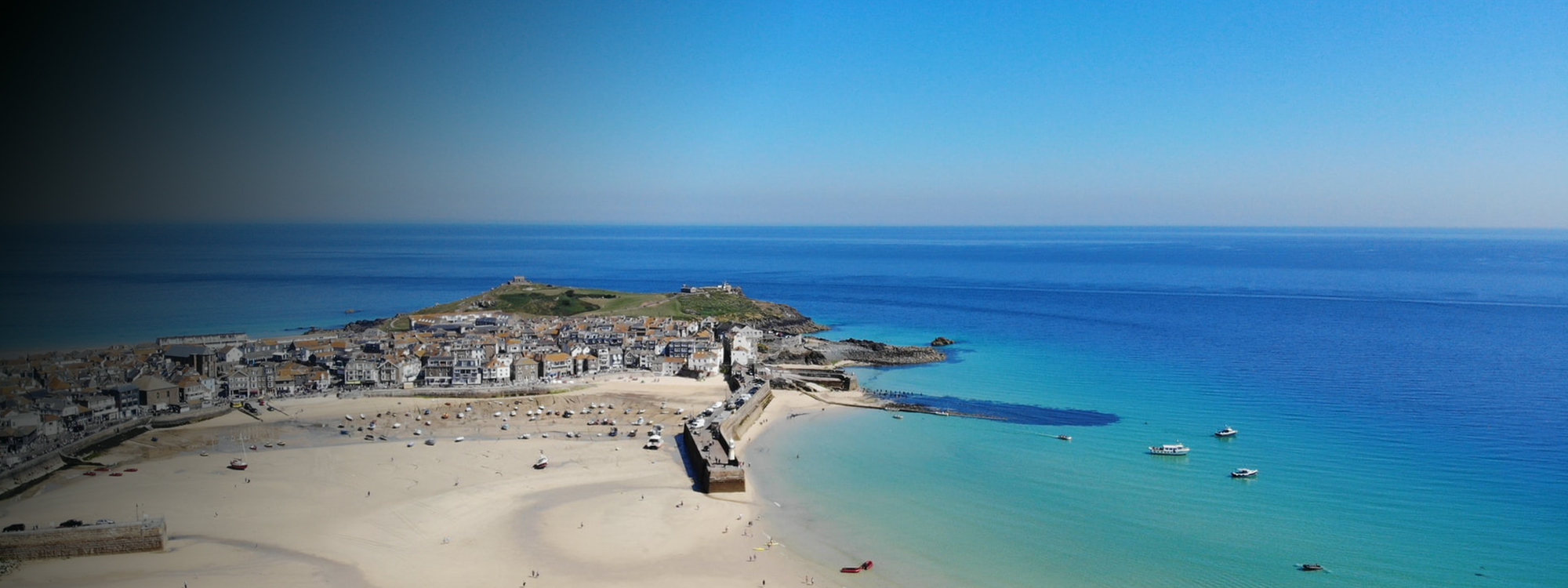WHY DISASTERS ARE NOT NATURAL
It’s actually the decisions we make that create a disaster. Factors like living conditions and poverty, government capacity to prepare and respond, as well as the process of rebuilding and how efficient that would be, are all factors that will define whether a disaster occurs as a result of the natural hazard.


